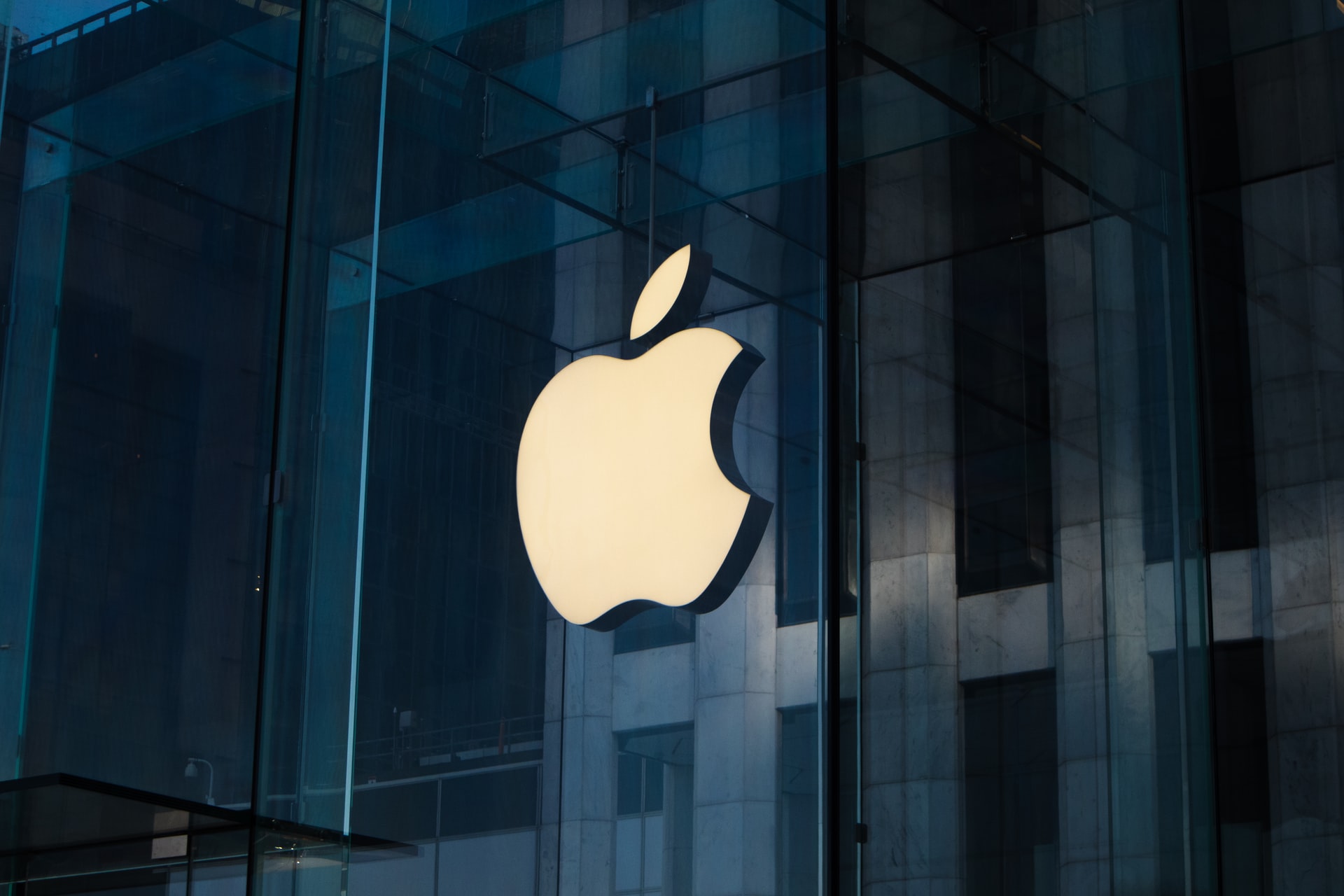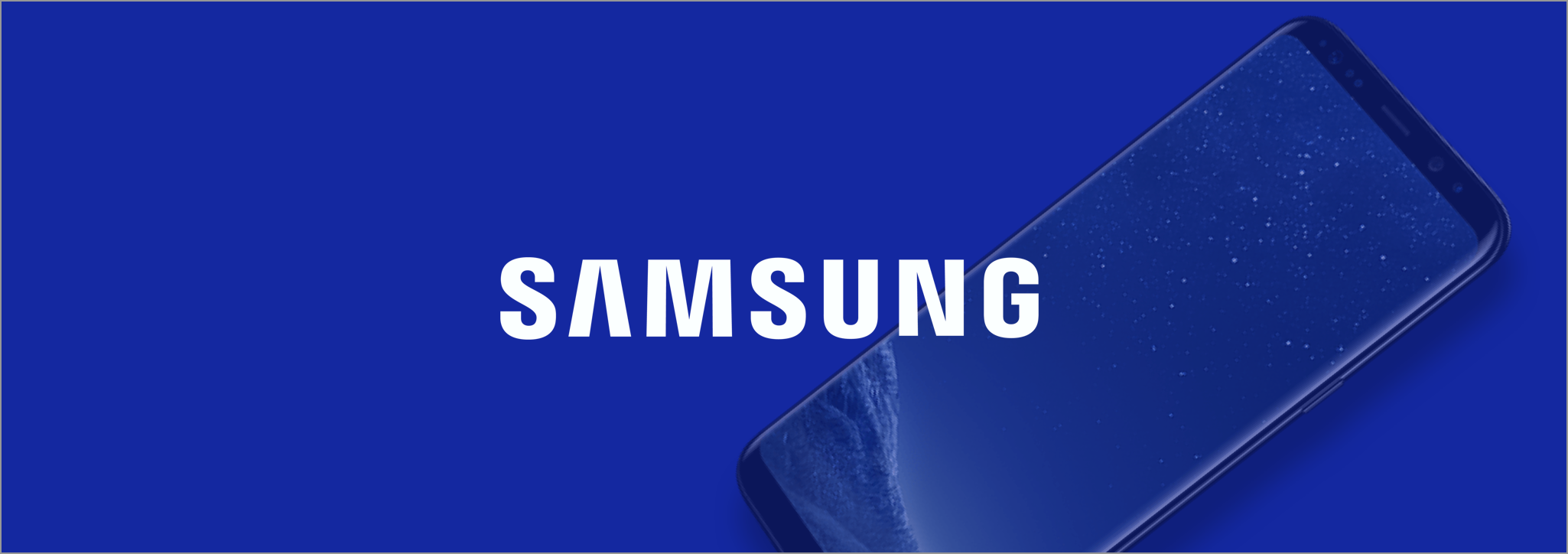Apple vs Samsung
A detailed comparison to help you choose the best smartphone and tech ecosystem.

A detailed comparison to help you choose the best smartphone and tech ecosystem.

Samsung is a leading global electronics brand recognized for its innovative Galaxy smartphones, TVs, appliances, and more. Offering a wide range of products with advanced technology and competitive pricing, Samsung caters to users across all segments.



| Features | Apple | Samsung |
|---|---|---|
| Operating System | iOS – known for its stability, privacy, and smooth UI | Android (One UI) – highly customizable with deep Google integration |
| Device Ecosystem | Strong ecosystem with seamless integration across iPhone, iPad, Mac, Watch, and AirPods | Broad device range including phones, tablets, TVs, and home appliances |
| Product Range | Limited but premium – iPhones, Macs, iPads, Watches | Extensive – Galaxy smartphones, tablets, laptops, monitors, TVs, etc. |
| Customization | Minimal customization, fixed user experience | High level of customization including themes and widgets |
| Build Quality | Premium metal and glass design, consistent design language | High-end flagships with innovative designs (e.g., foldables) |
| Camera Performance | Excellent photo and video quality with natural tones | High megapixels, versatile lenses, AI camera modes |
| Software Updates | Instant updates directly from Apple for many years | Gradual rollouts, better on flagship models |
| App Store | Tightly controlled App Store with higher quality standards | Google Play Store with broader app availability |
| Security & Privacy | Industry-leading privacy, strong data protection | Improved security features, but less control over third-party access |
| Pricing | Premium pricing with fewer budget options | Wide range from budget to ultra-premium models |
| Innovations | Focus on refinement and stability over radical changes | Pioneer in foldable displays, high refresh rates, and advanced hardware |
| Accessories | Proprietary accessories like MagSafe, AirPods, Apple Pencil | Broader compatibility with USB-C and universal accessories |
| Battery Life | Optimized through software and hardware synergy | Higher capacity batteries, fast charging, power-saving modes |
| Customer Support | Top-tier customer support with Genius Bar services | Good support network, varies by region |
| Best For | Users valuing simplicity, security, ecosystem integration | Users seeking innovation, choice, and flexible price options |
| Common Features | Description |
|---|---|
| Global Technology Leaders | Both are among the top global tech giants known for innovation and cutting-edge consumer electronics. |
| Smartphone Market | Apple and Samsung are dominant players in the global smartphone industry with a wide range of premium and mid-tier devices. |
| Flagship Product Lines | Apple has the iPhone series, while Samsung offers Galaxy S and Galaxy Z series as their flagship smartphones. |
| In-House Chipsets | Both companies develop their own chipsets—Apple uses its A-series and M-series chips, Samsung uses Exynos and collaborates with Qualcomm. |
| High-End Tablets | Both offer advanced tablets—Apple with iPad lineup, Samsung with Galaxy Tab S series—designed for productivity and entertainment. |
| Wearable Devices | Both companies produce smartwatches and earbuds—Apple Watch and AirPods vs. Galaxy Watch and Galaxy Buds. |
| Retail & Online Stores | Apple and Samsung have physical retail stores and robust e-commerce platforms for direct product sales and support. |
| 5G Technology | Both brands offer 5G-enabled smartphones and contribute to the development and adoption of next-gen wireless technologies. |
| AI & Machine Learning | Apple (Siri) and Samsung (Bixby) integrate AI assistants, smart features, and machine learning into their ecosystems. |
| Ecosystem Integration | Both offer tightly integrated ecosystems—Apple with iOS/macOS and Samsung with SmartThings, Galaxy ecosystem, and One UI. |
| Cloud Storage Services | Apple offers iCloud, while Samsung provides Samsung Cloud and integrates with other storage services like OneDrive. |
| Digital Payment Solutions | Both have mobile payment systems—Apple Pay and Samsung Pay—offering secure contactless payments. |
| Environmental Initiatives | Both companies are actively pursuing sustainable practices, including recycling programs and carbon-neutral goals. |
| Customer Support Services | Both offer comprehensive support channels including live chat, call centers, and in-store technical assistance. |
| App Ecosystem | Both platforms offer access to millions of apps through the App Store (Apple) and Galaxy/Google Play Store (Samsung). |
After comparing both brands, my personal preference is clearly Samsung. It consistently impresses with innovation, versatility, and a future-ready ecosystem. Here’s why I choose Samsung over other tech brands like Apple: